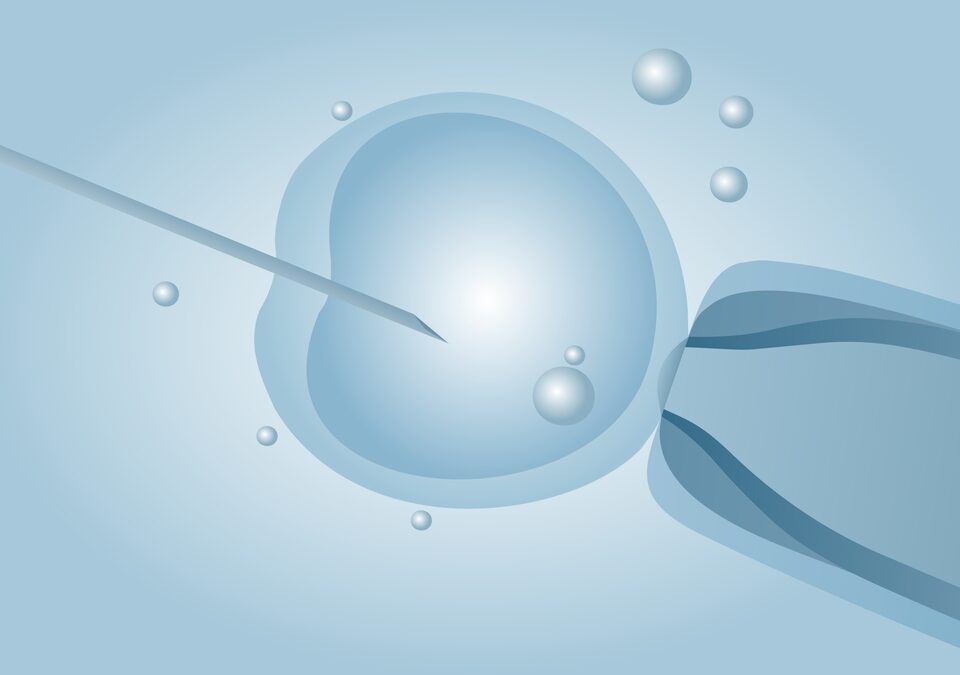A Victory in Maryland
July 21, 2016Australian Fathers Unable to Secure Passport for Son
July 30, 2016Around the world, the LGBT community and their supporters are up in arms over a recent ruling by London’s High Court. A British gay couple lost a child custody battle to their surrogate, who had no genetic ties to their baby. An egg donor from the United States, along with sperm from one intended father, were used to create the embryo resulting in the child.
This recent custody battle underscores how the surrogacy laws in the United Kingdom are outdated and in desperate need of reform.
The intended fathers found their surrogate on Facebook and met her in 2014. Ultimately, it was agreed upon that she would carry their baby and would receive compensation in the amount of £9,000. In the United Kingdom, compensation cannot exceed £15,000. The monies are viewed as reimbursement for expenses related to the pregnancy in an effort to keep surrogacy altruistic in nature.
However, the surrogate reneged on the agreement to give the men parental rights over the child she was carrying, leaving the fathers in a precarious situation which forced them to get help from the courts. Their pleas were rejected, and they were the recipients of some very harsh words from the judge.
Media reports noted that in London’s High Court, Ms. Justice Russel described the intended fathers’ dealings with the surrogate as “manipulative and dishonest” and punctuated it with “and at the very least, potentially exploitative.”
The judge also indicated that the surrogate’s learning challenges were the reasons as to why she was unable to “consent freely or unconditionally” in regard to the surrogacy arrangement.
Those supporting the men were dumbfounded with the ruling. There was hope that the case would be resolved in the same manner it was for Gordon Lake and Manuel Santos a few months ago. Lake and Santos were the gay couple who were stuck in Thailand for more than a year after their surrogate refused to sign the necessary documentation releasing her parental rights and allowing the men to obtain a passport for their child.
Fifteen months later, a court ruling allowed the fathers to return home to Europe with their daughter.
Sadly, the men in Great Britain did not have the same fortunate ending, leaving many wondering if the judge’s ruling was blatant discrimination. However, an earlier ruling of the judge makes this seem unlikely.
“The very same judge ruled in favor of a gay couple keeping three babies born through surrogates in the same week as she handed down this verdict,” Laura Chubb of Gay Star News reported. She continued, “Under UK law, the surrogate must agree to a parental order before the intended parents can be legally recognized as such. In this case, the surrogate did not agree to the order and has been bringing up the child at the home she shares with her partner and their young son.”
While the surrogate has been granted custody, the judge allowed the men contact with the child for one weekend every eight weeks. Parental responsibility has been given to the surrogate, her partner, and the child’s biological father.
How will such a restrictive visitation schedule allow these men to build a special relationship with a child who was meant to be theirs from the very beginning?
From every angle, it’s an utterly heartbreaking situation.
Jo McFarlane and Polly Dunbar of the Daily Mail interviewed Sarah Norcross who serves as the director of the Progress Educational Trust. The effort of this charitable organization helps people struggling with infertility.
Norcross told the Daily Mail, “The UK’s surrogacy law is over 30 years old and urgently needs to be reviewed and reformed, so that the welfare of children is better protected.”
Let’s hope that the outcry resulting from this case will trigger such reform.



